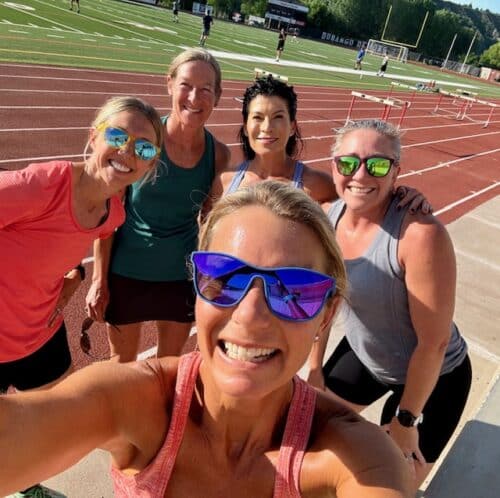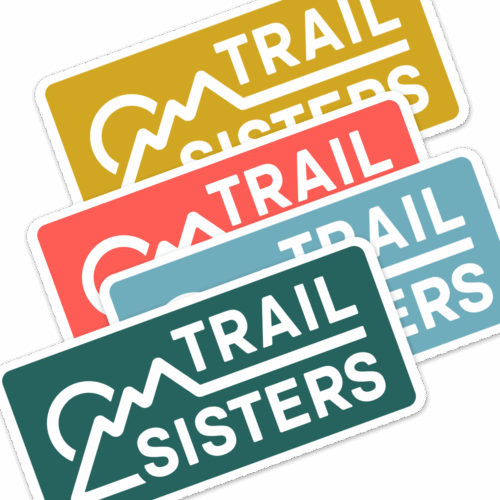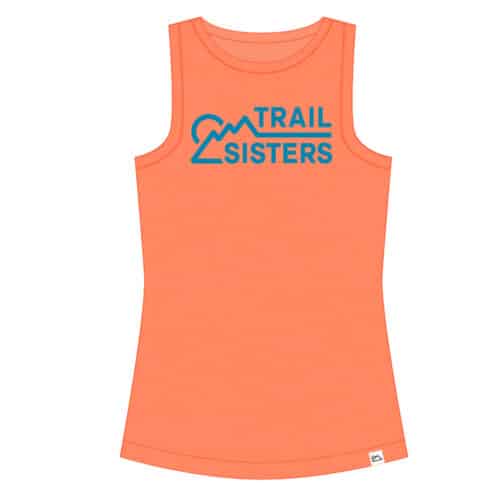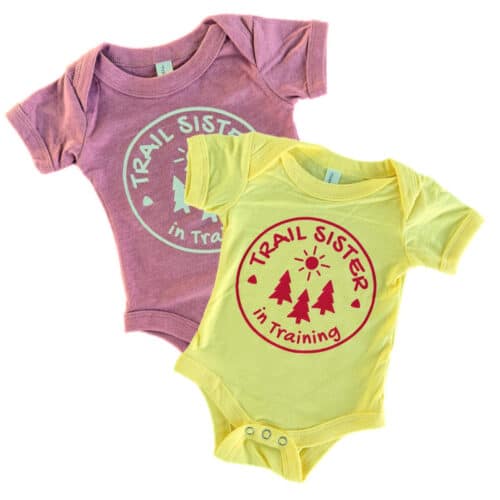For someone who has never been pregnant, I think about pregnancy A LOT. I dream about birth, and I lose sleep being concerned about newborns. I am a midwife, so my whole world revolves around pregnancy.
When my brain is not occupied with thoughts about my clients – who’s due date is coming up? How is their birth going to go? Did the suggestions I gave them for their nausea make them more comfortable? – I am running. Who am I kidding, often I am doing both at the same time.
As I was finishing up my training as a Certified Professional Midwife, I began to think about my senior research project. What topic in pregnancy did I believe needed more research and more information to share with other midwives and pregnant people. The answer seemed fairly obvious.
As a midwife it is my job to ensure that my clients have enough information to make truly informed decisions about their care. Informed decision making – something far beyond the term “informed consent” we’ve come to know as standard – is the basis of everything I do as a midwife. From giving my clients the option to say no before I touch their bellies, to hour long conversations about the pros and cons of Group B Strep testing, my job is to arm them with the knowledge to tell me what they want.
In comes running, my hobby and the way I process emotions and stay fit. It’s given me confidence and sanity at times when both were lacking, and I’m always grateful for it in my life. But in this day and age, if you’re a pregnant runner, finding the knowledge, support and guidance for making an informed decision about continuing to run can feel like an insurmountable task.
Pregnant runners fall into one of two categories, and each have their own unique struggles.

The first is the elite runner. Elite runner’s often have more resources than your everyday runners, but they often have a lot of pressure on them to keep competing or lose their sponsorships. That can put them in a tough position of pushing their bodies too hard, or feeling pressured to get back at it too soon after running. When, or even if, to get pregnant because a highly calculated situation, and biology doesn’t always fit into our timelines.
The second is the everyday runner. Everyday runners who become pregnant find themselves balancing not only running and pregnancy, but also careers, other kids, partners and relationships. People who use running as their self-care or their only alone time may feel like running has been taken from them.
To add to an already full plate, many providers are still giving outdated medical advice such as no running during pregnancy, or keeping your heart rate under a certain threshold. Even in the best of circumstances, pregnant runners often find themselves unable to find care providers who are able to provide more than a shoulder shrug and “I guess if it feels ok it’s fine.”

This lack of understanding leads to inadequate care for pregnant runners. How are you supposed to make informed decisions about running in pregnancy if you don’t have the information you need to make those decisions? What do you do when running doesn’t feel the same? How do you know how far it’s ok to push your pregnant body? What are the risks of running during pregnancy and what are the benefits?
As pregnant runner’s all over the world begin to break down these outdated ideas of what pregnancy and parenting should look like, they are also met with the harsh opinions of basically everyone else.
Social media has created a space for information to spread like wildfire, but the information is not always correct, and can be both physically and mentally harmful. Yes, it is wonderful to be seeing more images of pregnant runners doing what they do, and yes, it can be super inspiring but it also sets up the perfect stage for self comparison.
Pregnancy is a very individual experience. Every pregnant person will find themselves facing different discomforts – both mentally and physically. For some folks, this means that running happens at a slower pace and lower miles. For others, it can mean that running feels next to impossible during pregnancy. All of these journey’s need to be encouraged and celebrated because health isn’t just running across mountains – it’s also a leisurely walk down the street.
For both elite and everyday runners, the lack of knowledge, and lack of support, from care providers, family, friends and society is doing them a disservice. People who are creating the generations who are being raised up behind us need more.

We need to keep encouraging pregnant folks to do the things that they love to do, and that feel good for them during pregnancy. Pregnant people belong on all the same starting lines, all the same trails and at all the same fitness class as non pregnant people.
We also need to reinforce the fact that it’s ok for pregnant people to not be doing the same activities that they were pre-pregnancy and that doesn’t mean that they will never get back to doing them. Running has seasons for everybody and it’s ok if pregnancy is a season where you move your body in a different way. Hey, you might even find a new sport or hobby you love just as much!
Finally, we need to be putting pressure on the healthcare system to support pregnant runners. I’m not talking about every doctor saying it’s ok for every pregnant person to run all the time. What I’m advocating for is research so that when a doctor or midwife is asked “can I continue running during my pregnancy?” or “Can I run this race I signed up for?” They are met with an evidence-based informed decision answer that considers their specific pregnancy picture.
If you are currently a pregnant runner, or a soon to be pregnant runner, start doing your research now so that you can be armed with information to help you make the best decisions with your care provider and be an active participant in your care.
Now get out there and run, or walk, or jog or do yoga or maybe just take a nap in the sun. Whatever your body and baby needs right now!















